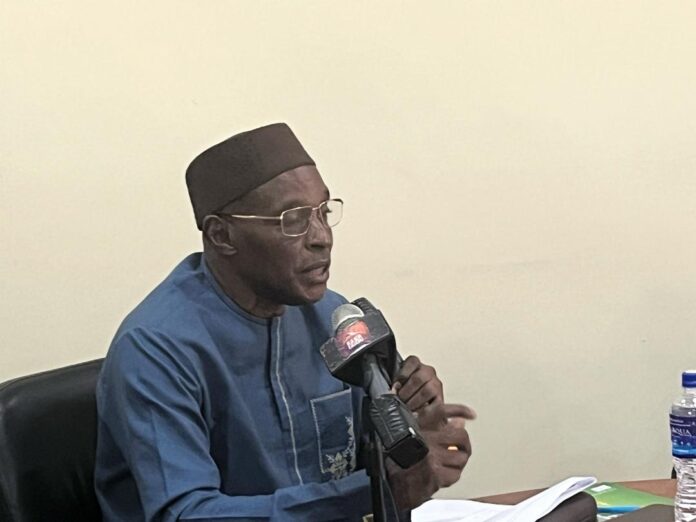By Alieu Jallow
The National Coordinator for The Gambia’s Victim Centre, Adama Jallow, has called on the government to intensify efforts in the search for the remains of the soldiers who were massacred on November 11, 1994, during the regime of former President Yahya Jammeh.
This tragic event, part of a broader context of violence and human rights abuses during Jammeh’s rule, remains a painful chapter in The Gambia’s history.
As part of the event marking the commemoration of 30 years since the horrible incident occurred, Mr Jallow leveraged the opportunity to draw the government’s attention to the issue of justice and renewed efforts to intensify the search for remains of fallen soldiers who were not given a befitting burial.
“We would want the government to push on when it comes to the 11th of November. The victim centre and other victim-led organizations are taking this opportunity to remind and urge the government through the Ministery of Justice and other relevant stakeholders such as the National Human Rights Commission who are charged with the responsibility to monitor the implementation of the TRRC report and the government White Paper to continue searching for the remains of the soldiers who were improperly buried at the Yundum barracks and elsewhere so that they can be received by their families for befitting burial,” he said.
Jallow stressed that the government must take concrete steps to locate the remains of those who lost their lives and to ensure that proper memorialization efforts are undertaken.
“We would also like the government to fulfil its promise to build a state-of-the-art forensics laboratory for the identification of exhume bodies. We would also like to remind the government to ensure that the remains of those exhumed that are currently lying at the mortuary be identified and returned to their families”.
This call to action highlights the ongoing struggle for recognition and redress among victims of political violence in The Gambia, as well as the need for a comprehensive approach to addressing the historical injustices faced by individuals and families affected by the regime’s actions.




